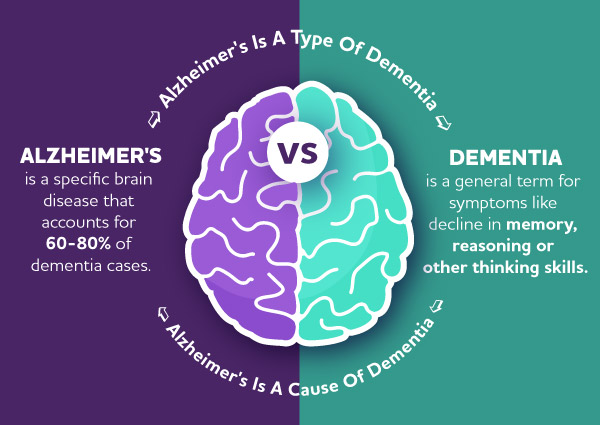I am Dr. Sylvester Orimaye, PhD, MPH. DBH-C. As the Founder and Director of the Behavioral Health Outcomes and Artificial Intelligence Laboratory, I wanted to briefly overview what I do in behavioral health. As a data scientist and behavioral health researcher, I am particularly interested in early screening of behavioral health problems so patients can access timely interventions before their illnesses get severe. This process can potentially save substantial healthcare costs and decrease the need for emergency room visits or hospitalization.
More importantly, I am using my expertise in Artificial Intelligence to create screening technologies that guarantee accuracy and effectiveness in identifying behavioral health problems. This idea will revolutionize the way we diagnose and treat behavioral health problems.
Finally, as a researcher and someone with expertise in behavioral health, I intend to contribute to and enhance patient-centered care, manage population health, improve reporting, and support value-based payments in healthcare and community-based services for individuals with behavioral health disorders, particularly those with depression, mild cognitive impairment, and Alzheimer’s disease.

